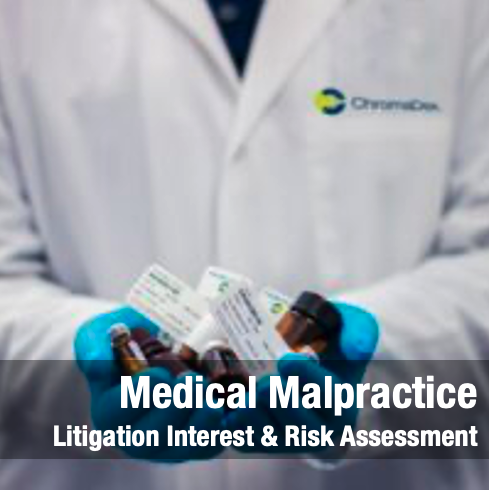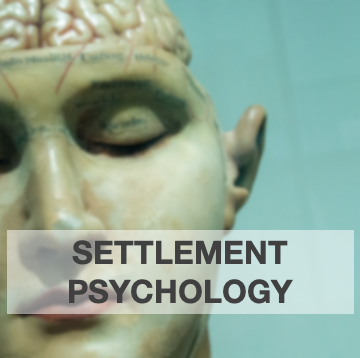Assessing Risk in Medical Malpractice Mediation
HB Litigation Conferences presents Assessing Risk in Medical Malpractice Mediation CLE-eligible on demand webinar | Recorded 2021 Lawyers and claims professionals assess litigation outcomes all the time. The parties do not. You can help. Understandably, parties in medical malpractice disputes do not fully appreciate the risks inherent in litigation and are not aware of how continued litigation affects their underlying interests in the dispute. For example, some parties see the outcome as a reflection of their personal character. These challenges can hamper the parties' ability to make good decisions in litigated medical malpractice cases. Even organizations that are experienced in assessing litigation risk can make more decisions in these cases with adverse outcomes. Hear our panel of medical malpractice and insurance attorneys and litigation experts as they share their insights on successfully guiding individuals and organizations through these disputes. Registration Includes Nearly 90 minutes of insights from experienced professionals. CLE credit: 1+ (subject to bar rules). For CLE questions: CLE@LitigationConference.com The complete Power Point presentation. Continued access to the complete recording for later use. Answers to your questions via email to the presenters or write to HB and we will be sure to contact the speakers. REGISTRATION Key Points What are the intangible costs of medical malpractice litigation for individuals and [...]


